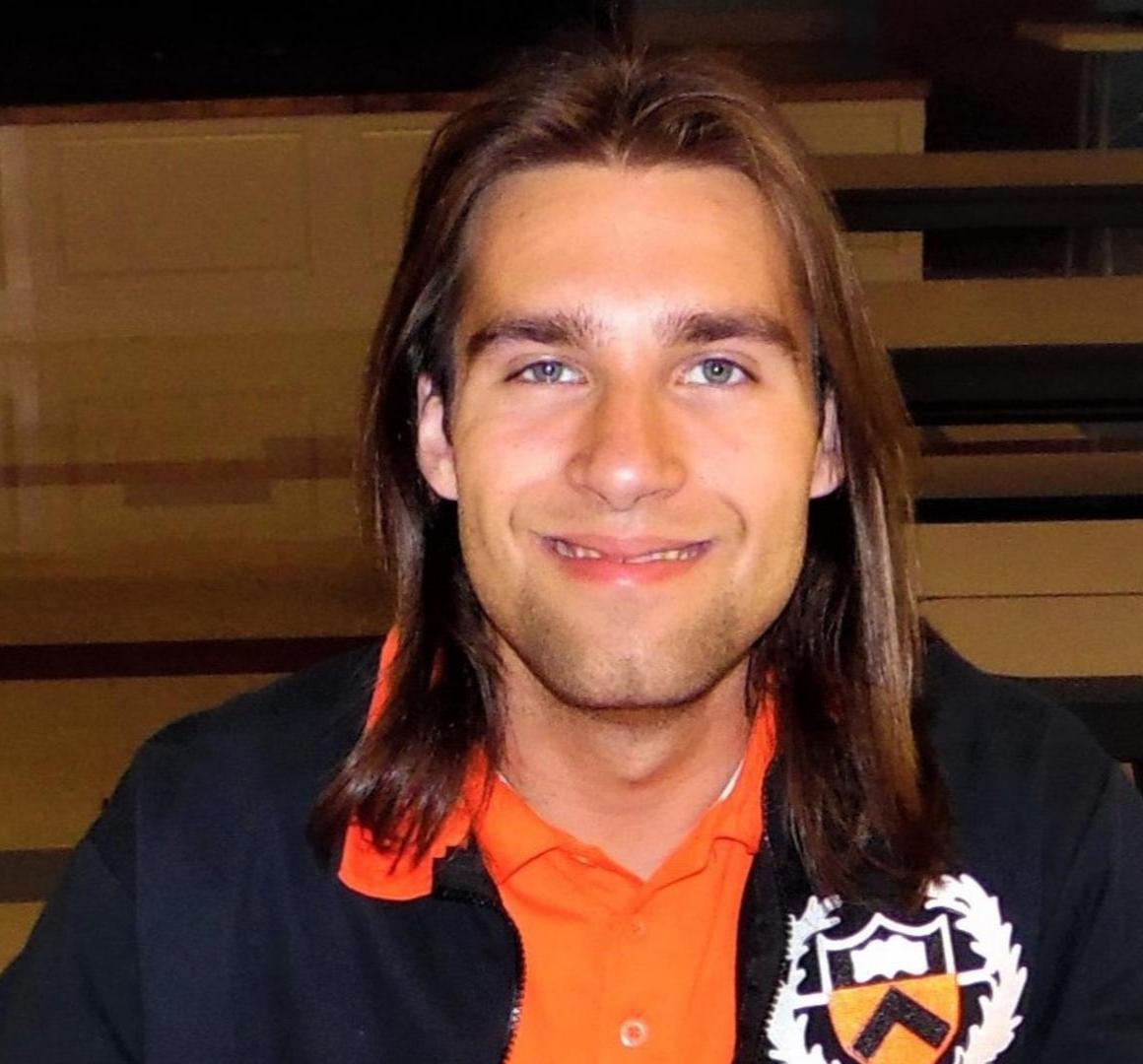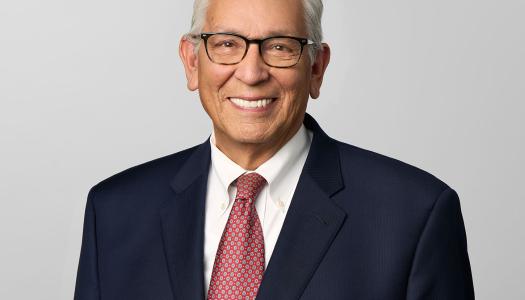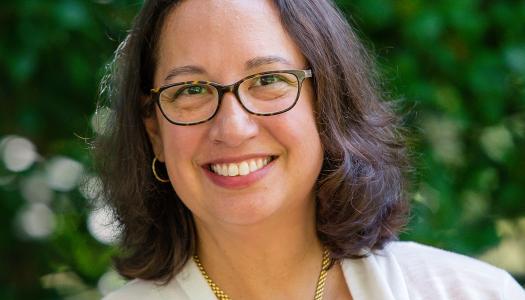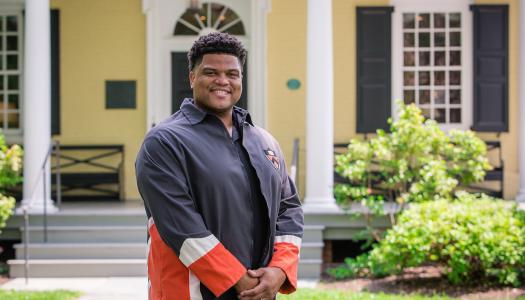Thomas Ray Garcia ’16 builds relationships and a nonprofit to help Latino students

As a Princeton undergraduate, Thomas Ray Garcia ’16 began mentoring students from his Texas high school during summer breaks. The near-peer mentoring program evolved over the years into the College Scholarship Leadership Access Program, a nonprofit that serves high school students living near the Texas-Mexico border.
For Thomas Ray Garcia ’16, the physical distance between Pharr, Texas, and Princeton, New Jersey, was small compared to the cultural distance he experienced. Growing up in a city on the U.S.-Mexico border that is about 95 percent Latino, the aspiring writer had spent his high school years focused on academics, but the low-income first-generation undergraduate learned quickly that college was about much more than grades.
“I was able to see on the internet what college was about, but I didn’t really get the sense that college was supposed to be about building relationships along the way,” Garcia said. “I got to Princeton and sat in the dining hall with all these amazing people. I realized, ‘Oh, it’s not just about my professors and the lectures, but it’s about what I can learn about my peers’ cultural backgrounds.’”
This insight led him not only to seek out mentors and like-minded companions on campus, but to return home and embark on a much bigger enterprise that became the College Scholarship Leadership Access Program. In 2013, Garcia began mentoring students from his high school during summer breaks. The near-peer mentoring program evolved over the years from free summer institutes on college essay writing to a high school course to the current virtual classroom visits — and officially into a nonprofit in 2019 that involves two more high schools in counties on the U.S.-Mexico border, plus new initiatives with scholarships and community aid.
More than 150 students from the Rio Grande Valley region currently receive help from college students and young professionals who return home — virtually — to offer advice to teens. The restraints of the COVID-19 pandemic have “normalized” meeting this way, which Garcia sees as a plus for the population CSLAP helps.
At the beginning of the pandemic, an emergency fund helped students whose families needed Wi-Fi access or tech tools. More recently, CSLAP is coordinating direct cash relief to families with high school or college students who are facing rent evictions, food scarcity, or a lack of technology, and has dispersed over $5,000 in grants since April. A $5,000 matching donation for community aid will allow CSLAP to continue this effort. Garcia also is fundraising for a scholarship program to cover added costs low-income students face, such as travel expenses for attending school out of the county or out of state.
Garcia, who is currently a doctoral candidate in English at UCLA, has grown CSLAP from a personal passion to a nonprofit with a board. As executive director of the part-time effort, he continues to build local partnerships; he expects to go fulltime in 2022, after he completes his Ph.D.
When he was at Princeton, few classmates had any idea that Garcia is Latino — his white skin and light eyes shielded his heritage. After leaving his hometown, Garcia said he grappled for the first time with what this meant.
“Coming from the Rio Grande Valley, I had an implicit understanding that everyone around me looked different than I looked, but before going to Princeton I never had that awareness that somehow I was different,” Garcia said. “I had to come to a recognition of what it really meant to be Latino. It wasn’t just a geographical distinction. I had to find out other cultural markers of what it meant to be Latino.”
This led him to co-found the Hidden Minorities Councilwhile on campus but also to notice differences when he returned home to the Rio Grande Valley, and to question how to balance his two worlds. The answer: CSLAP.
“Our goals for CSLAP are twofold,” Garcia said, “getting students to and through college, which itself is an issue in the region, but also to bring people back who, like me, might have left and stayed away because of the lack of opportunity and jobs in the area.
“CSLAP mentors do indeed want to come back and give back to students because they know that they were in the students’ shoes just a couple of years ago and understand the crucial gap between high school and college and how having a mentor along the way can help fill that gap.”
CSLAP’s 23 mentors hail from the Rio Grande Valley and include classmate Deborah Sandoval ’16, a software engineer at Microsoft, but Garcia extends the network to other professionals he knows if it will help a student. Case in point: A teen told Garcia he was interested in a nursing career. Garcia arranged a conversation between the teen and a professional he knew who could relate his day-to-day as well as COVID-19 experiences.
When not working on his advanced degree or his own creative writing, Garcia has managed to extend CSLAP even further in recent months: arranging virtual college visits with admissions staff from Vassar College; working with a like-minded student organization at the University of Virginia; publishing a free online children’s book on public speaking to reach even younger audiences; and connecting with the United States Hispanic Leadership Institute.
Each connection allows the foundation of CSLAP to become stronger, Garcia said, and extends services to others based on his own college experience. He’s content to build CSLAP “organically,” extending it through partnerships, in the hope of supporting more Rio Grande Valley students.
“People might think, ‘Oh, you’re doing what was just standard at my high school, right? Like the counselors did this, or they brought in someone to do this stuff,’” Garcia said. “But it really is novel down here.”


